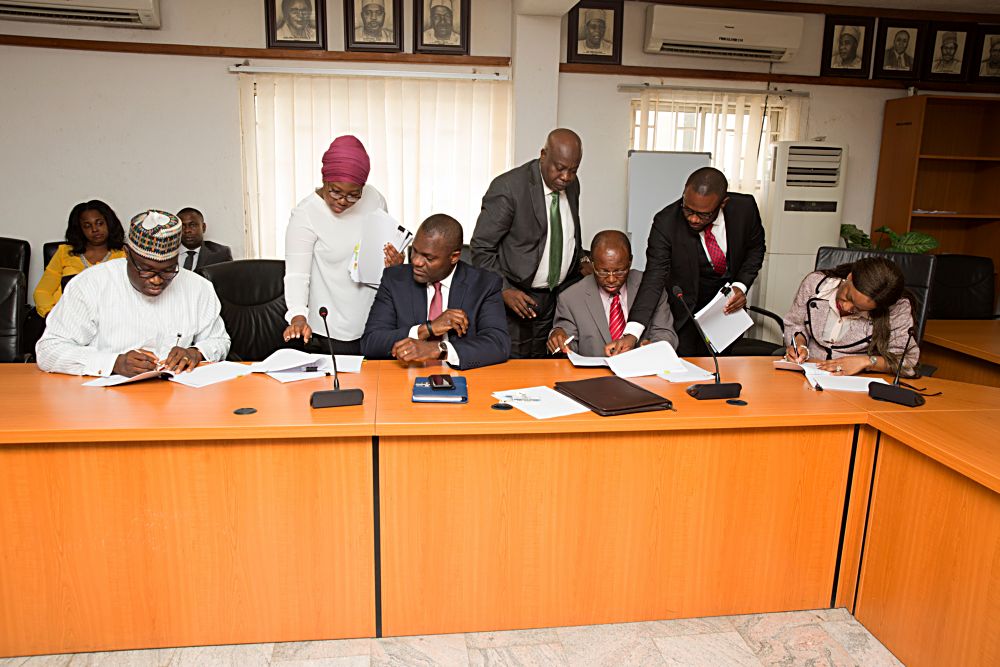Babatunde Fashola, Nigeria’s Minister of Power Works and Housing has signed two put/call option agreements (PCOA) with Afrinegia Nigeria Limited and CT Cosmos Nigeria Limited. The agreements are related to two large-scale PV projects that the two Nigerian developers are planning to build in the country. Afrinegia Nigeria Limited intends to build a 50 MW solar plant, while CT Cosmos’ project is expected to have a capacity of 70 MW. The ministry has not revealed more details about the projects.
In Nigeria, solar IPPs usually negotiate and execute a put and call option agreement (PCOA) with the Federal Ministry of Finance after executing a PPA. The PCOA agreement transfers the payment risk from the state-owned company Nigerian Bulk Electricity Trading Plc (NBET) directly to the ministry. The Put Call Option Agreement (PCOA) is a guarantee mechanism recently adopted by the Nigerian government.
The ministry said that the agreements were co-ordinated by NBET and are part of the finalization of the power purchase agreements which the Federal Government signed with 14 Solar Power developers in the summer of 2016.
At the time, NBET signed power purchase agreements for as much as 975 MW of solar. The first to be signed was for a 75 MW solar plant in Katsina state, to be developed by Pan Africa Solar. Other companies that signed PPAs with NBET include, among others, Nigeria Solar Capital Partners for a 135 MW solar farm in Ganjuwa, and AfriNigeria who will develop a 50 MW project in Nasarawa state.
Given Nigeria’s plentiful solar resource and following the inauguration of a new president two years ago, solar PV growth expectations have gained force but remain checked by economic and financial concerns.
On the regulatory side, Nigeria has recently liberalized the energy market and introduced new feed-in tariffs for solar PV plants. The government has also granted license exemptions for plants that generate less than 1 MW in aggregate. The economic crisis continues to affect the sector’s financial viability and scare off foreigner investors, however.
Nigeria aims to cover 30% of total energy capacity through renewables by 2030.
This content is protected by copyright and may not be reused. If you want to cooperate with us and would like to reuse some of our content, please contact: editors@pv-magazine.com.




3 comments
By submitting this form you agree to pv magazine using your data for the purposes of publishing your comment.
Your personal data will only be disclosed or otherwise transmitted to third parties for the purposes of spam filtering or if this is necessary for technical maintenance of the website. Any other transfer to third parties will not take place unless this is justified on the basis of applicable data protection regulations or if pv magazine is legally obliged to do so.
You may revoke this consent at any time with effect for the future, in which case your personal data will be deleted immediately. Otherwise, your data will be deleted if pv magazine has processed your request or the purpose of data storage is fulfilled.
Further information on data privacy can be found in our Data Protection Policy.